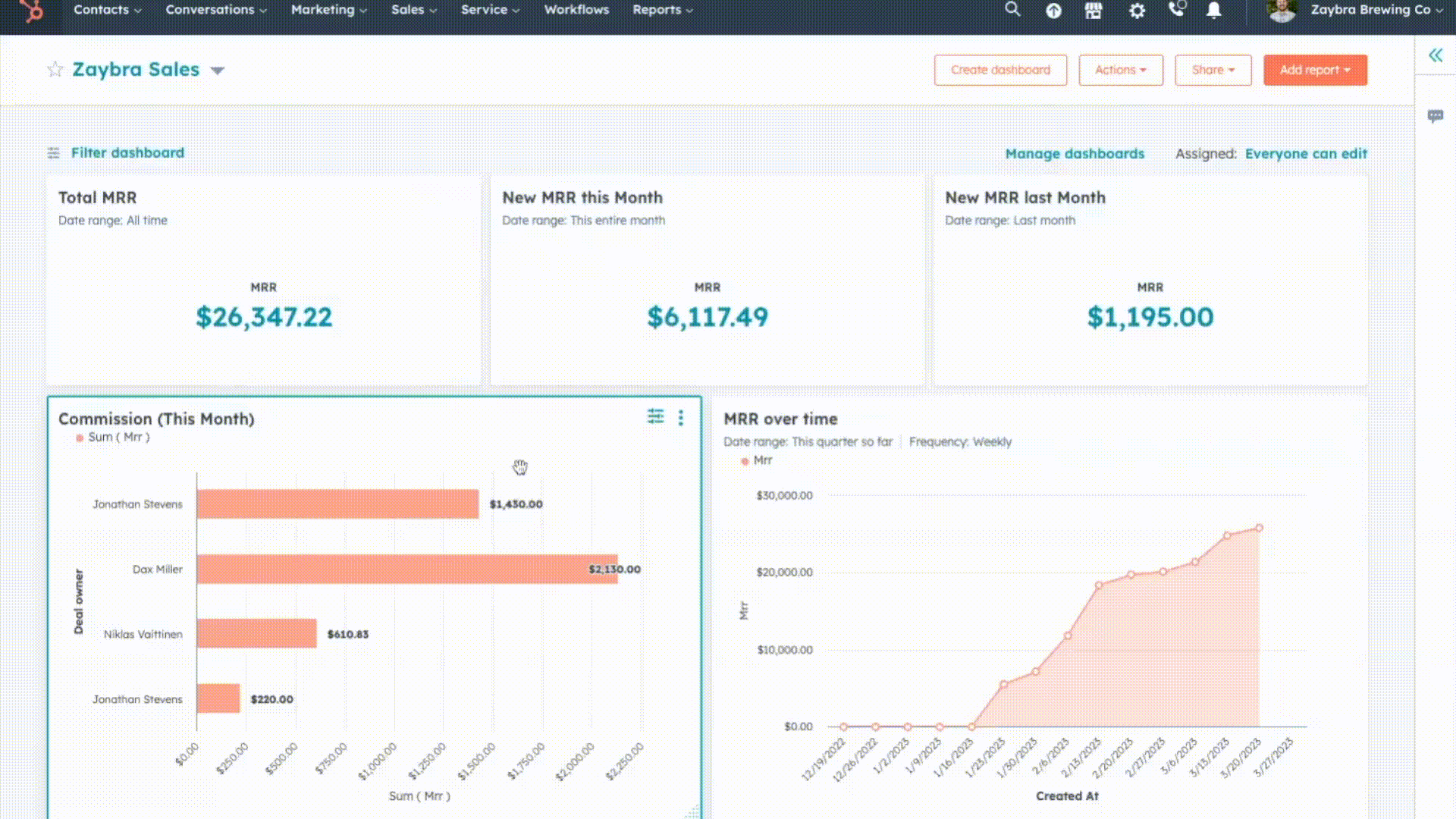7 steps to successful CRM implementation
CRM projects fail because of fear of something new and poor sales team enthusiasm. Implementing a new CRM system can be daunting for sales teams, especially if they are resistant to change or unsure of how the new system will benefit them. However, with the right approach and support, these fears can be overcome, leading to a successful CRM implementation.
One way to address the fear of something new is by providing thorough training and education for the sales team. This includes explaining the benefits of the CRM system, demonstrating how it can improve their efficiency and effectiveness, and addressing any concerns or misconceptions they may have. By showing the sales team how the CRM system can streamline their sales process, provide valuable insights, and ultimately help them close more deals, their enthusiasm and confidence in the system will increase.
In addition to addressing sales team enthusiasm, it is crucial to have confident leadership throughout the CRM implementation process. A dedicated project manager with the right skills and knowledge can provide the necessary guidance and support to ensure a smooth transition. This project manager should be able to effectively communicate the goals and benefits of the CRM system to the sales team, address any concerns or challenges that arise, and provide ongoing training and support.
Overall, a successful CRM implementation requires a commitment from the entire sales team and confident leadership. By addressing the fear of something new and nurturing sales team enthusiasm, businesses can optimise their CRM system and reap the benefits of improved sales performance and customer loyalty. With the right approach and support, CRM projects can overcome these challenges and achieve long-term success.

An automated CRM system is the key to optimising your sales results. However, its success is often sabotaged during the implementation process. Without the commitment of the whole sales team, confident leadership, and proper training, expensive software solutions are doomed to fail. Get it right, however, and your sales team can turn leads into loyal customers that bring you regular repeat business. To nail it, follow these steps to successfully implement your CRM.
1. Organise the sales process
A well-organised sales process has defined steps and performance indicators that teams can follow. This encompasses agreement on everything from customer leads, data storage, and the target ratio of customer contacts to monthly sales. It also includes more mundane tasks such as recording orders and creating postage labels. Without a proper system already in place, you can't automate it with CRM.
2. Have a dedicated project manager
A common reason for CRM failure is a lack of leadership. Avoid this by nominating a project manager who combines enthusiasm with organisational and tech skills. Then, give them all the time and support they need to gradually implement the new system. This involves reviewing existing practices, familiarising themselves with the software, collecting and storing necessary data, and leading staff training.
3. Implement up-to-date and secure data systems
Before uploading sales data to a new CRM system check that it's up-to-date by weeding out duplicates from contact lists and making sure customer information is complete. The project manager should be fully aware of any CRM security features and the latest data regulations. This allows them to control who has access while facilitating necessary data sharing and full collaboration.
4. Deliver effective marketing and sales team training
Employee resistance through fear of something new can slow down your CRM implementation. Counteract this by providing well-designed and managed training for all staff involved in the process. Start preparing users from day one by ensuring skill gaps are identified and addressed. Training can be provided by your project manager or by using the detailed packages offered by Flowbird Ltd.
5. Keep communicating
Communication at all levels within a business is a key factor in successful CRM. Implementation will only work if everybody on your team is prepared to fully support and use the chosen system. Get the CEO on board and positivity will trickle down throughout the entire organisation. Start by delivering a road map for the process and the benefits you hope to achieve. This creates the necessary mindset right from the beginning of the implementation process.
6. Review regularly
Once your new system is in place, regular assessments should be made of how it's being used and the results being achieved. Question whether more features, such as automated email campaigns need to be added or whether the current format is too complex. These regular reviews ensure that all users are happy and confident. This is vital to the ongoing success of the implementation.
7. Make a wise partner choice
By making a wise partner choice with Flowbird Ltd, you get the advice and support you need for successful CRM implementation.
We offer your marketing team the tools and coaching needed for business growth and maximum returns!
Overall, a successful CRM implementation requires a commitment from the entire sales team and confident leadership. By addressing the fear of something new and nurturing sales team enthusiasm, businesses can optimise their CRM system and reap the benefits of improved sales performance and customer loyalty. With the right approach and support, CRM projects can overcome these challenges and achieve long-term success.
